Today, I have attended to the 23rd New Issues in Security Course (NISC) graduation ceremony.
It was a short and moving ceremony. Ambassador Thomas Greminger welcomed the participants and their familly. NISC Course director Anna Brach reminded the participants of their upcoming challenges. Ms Assal Massoud held the participants speech and advised her colleagues to consider peace as a choice. Ms Bérangère Barthelmé, the NISC coordinator, told a brief, but heartful message.
In the end, Ms Danielle Marlyse Ngo Thena sang a wonderful, and moving, a capella rendition of the «Ode to Joy» from Ludwig van Beethoven’s 9th Symphony.
Congratulations to the participants and a safe return to their home countries and their (new) work positions.
More pictures below.
Continue reading
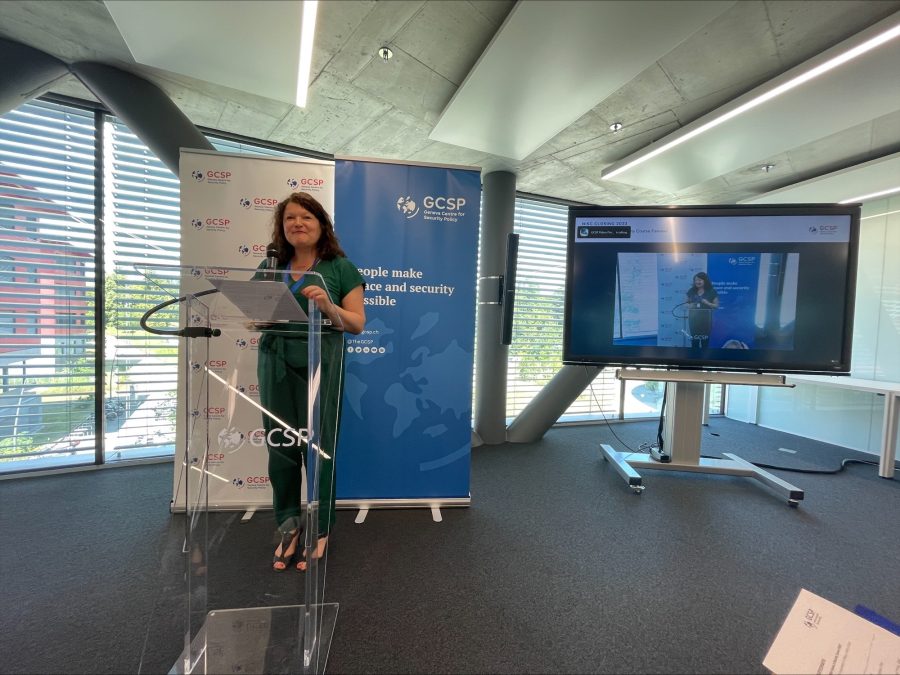

![[REPOST] – Symposium « War in Europe: Global Perspectives for Military Leaders » [REPOST] – Symposium « War in Europe: Global Perspectives for Military Leaders »](https://christianbuehlmann.com/wp-content/uploads/2023/06/1686149977630-900x599.jpg)


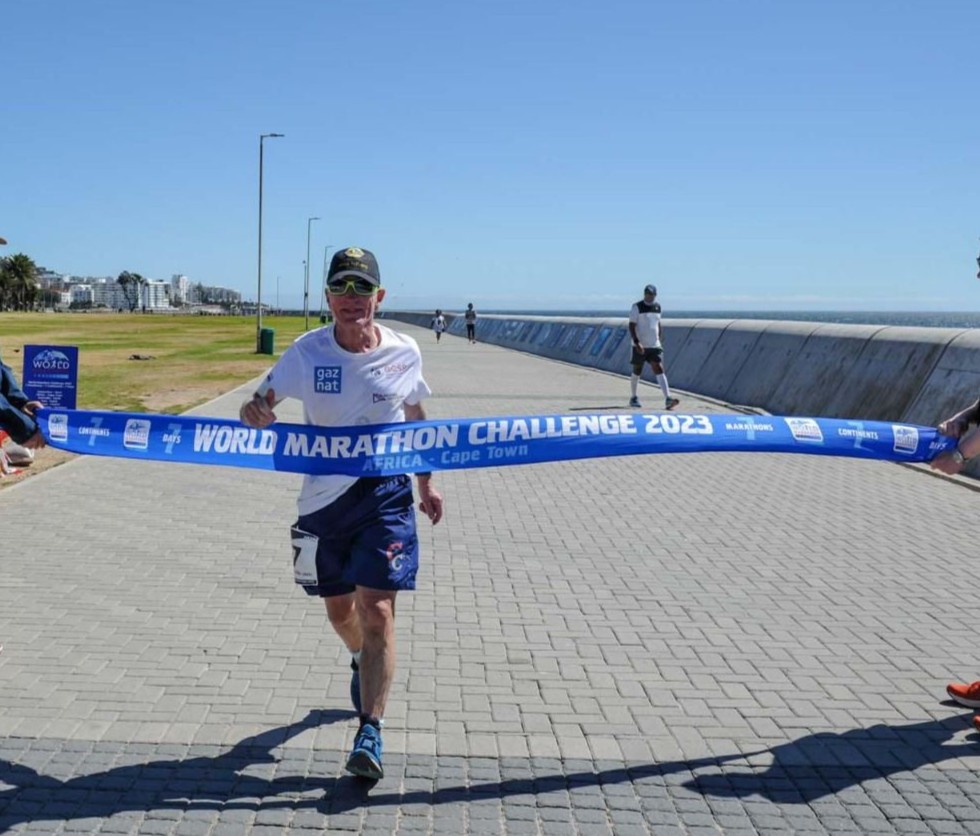
![[REPOST] – The 27th edition of the European Security Course is underway! [REPOST] – The 27th edition of the European Security Course is underway!](https://christianbuehlmann.com/wp-content/uploads/2023/02/Fn5S4mgXwAAsBFJ-900x450.jpg)

![[REPOST- psotc.org] Commanders of NATO and EUFOR at PSOTC [DA course at PSOTC] [REPOST- psotc.org] Commanders of NATO and EUFOR at PSOTC [DA course at PSOTC]](https://christianbuehlmann.com/wp-content/uploads/2021/06/b0ec65f5a1151f758dff3a6430b31883-2cf-900x601.jpg)
![[REPOST – gcsp.ch] Security dialogue with the South Korean Institute of Foreign Affairs and National Security [REPOST – gcsp.ch] Security dialogue with the South Korean Institute of Foreign Affairs and National Security](https://christianbuehlmann.com/wp-content/uploads/2019/07/ef97f6703c6ab99de2290ae8e2df39de-c0f-900x420.jpg)
![[REPOST- gcsp.ch] The Swiss Professional Officers Training Course 2 (SPOT 2 / WAL 2) was held at the GCSP [REPOST- gcsp.ch] The Swiss Professional Officers Training Course 2 (SPOT 2 / WAL 2) was held at the GCSP](https://christianbuehlmann.com/wp-content/uploads/2019/06/690f05963f895e644444f83d1b105171-f38-900x420.jpg)
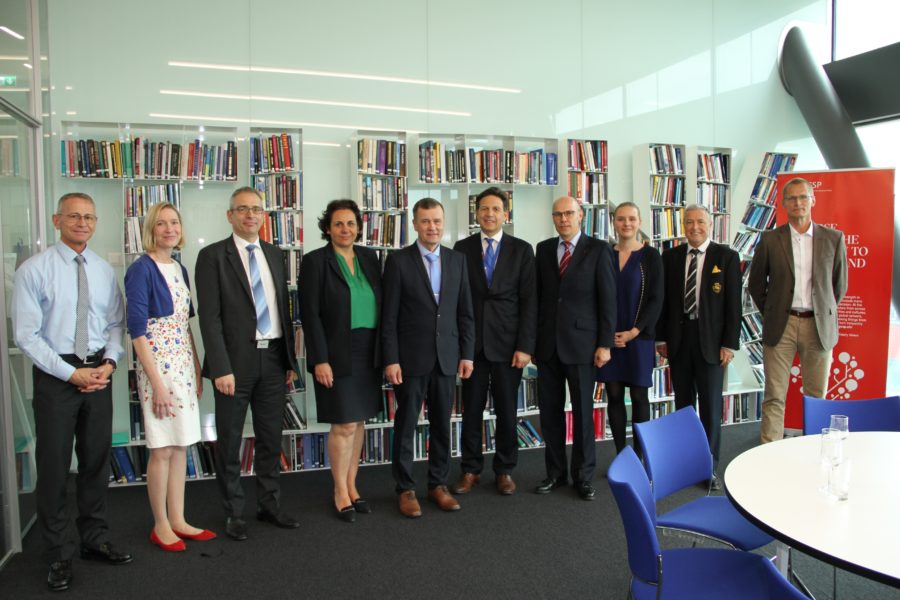
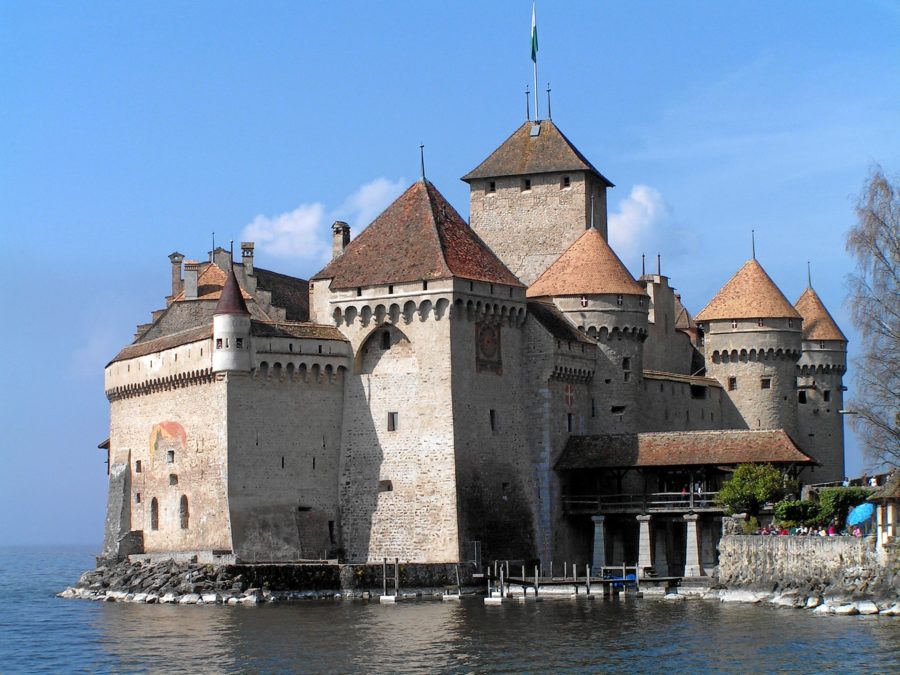
![[GCSP.ch-REPOST] A Delegation of the Shanghai Academy of Social Sciences discusses geopolitical challenges [GCSP.ch-REPOST] A Delegation of the Shanghai Academy of Social Sciences discusses geopolitical challenges](https://christianbuehlmann.com/wp-content/uploads/2019/05/4031ab9cac1528a45b55d79cd51a0f0d-a09-900x420.jpg)
![[REPOST] GCSP Hosts Dr Mohamed ElBaradei, Director General Emeritus of the IAEA and Nobel Peace Prize Laureate [REPOST] GCSP Hosts Dr Mohamed ElBaradei, Director General Emeritus of the IAEA and Nobel Peace Prize Laureate](https://christianbuehlmann.com/wp-content/uploads/2018/11/4d5830f6e7b76fbff6322338d356ff07-2fc.jpg)
![[REPOST gcsp.ch] – The 12th Defence Attaché course in Amman successfully closes [REPOST gcsp.ch] – The 12th Defence Attaché course in Amman successfully closes](https://christianbuehlmann.com/wp-content/uploads/2018/11/c86a4e09ab1286bed10ebe461ff700c9-79f.jpg)
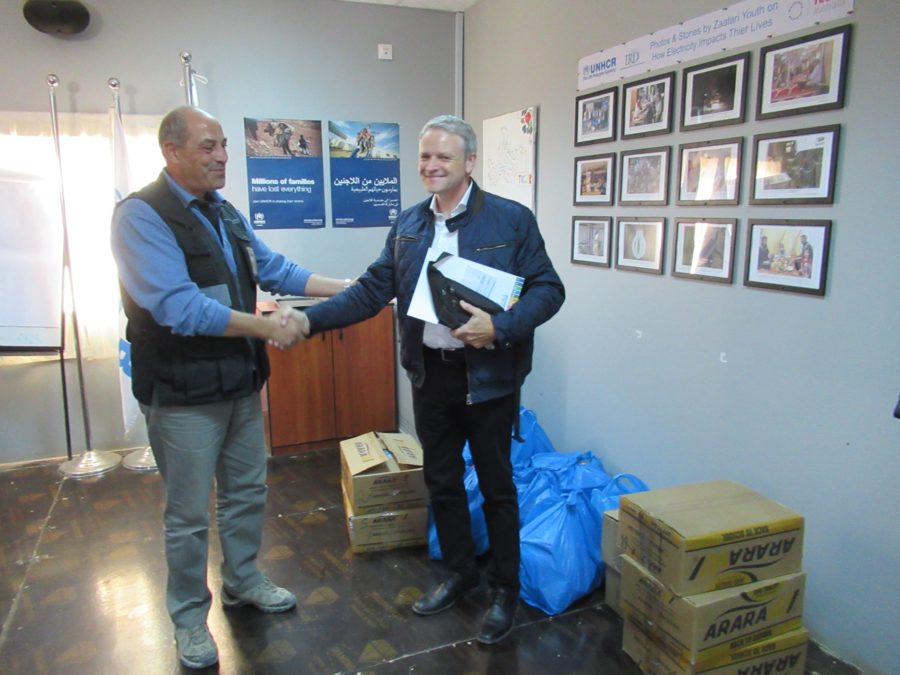
![[REPOST – GCSP.ch] – Successful Start of the 12th Defence Attaché Course in Amman [REPOST – GCSP.ch] – Successful Start of the 12th Defence Attaché Course in Amman](https://christianbuehlmann.com/wp-content/uploads/2018/11/6983a0300e1c52b87c7263b35762eda4-6ca-900x600.jpg)
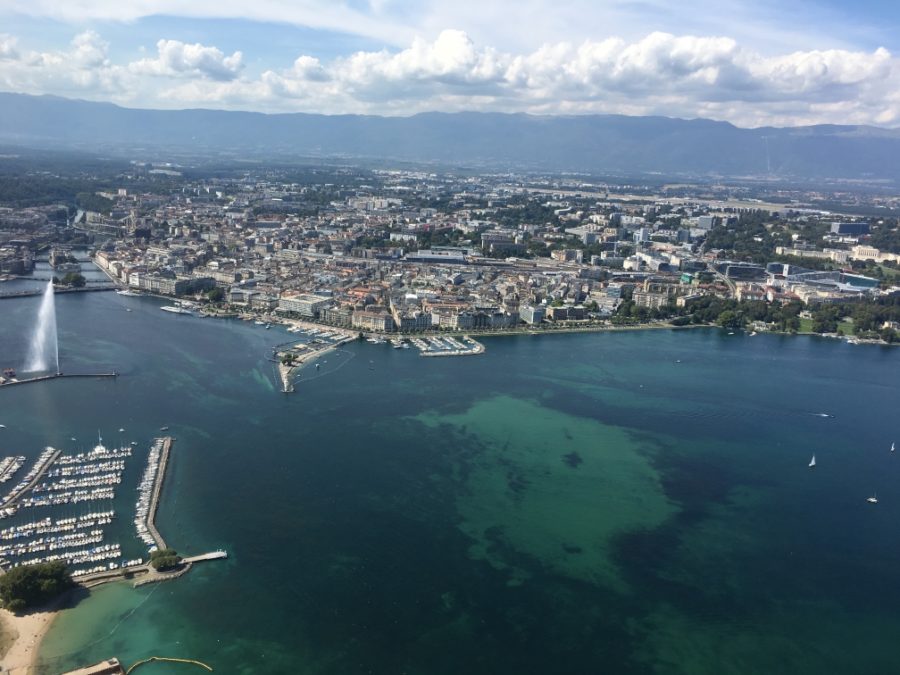



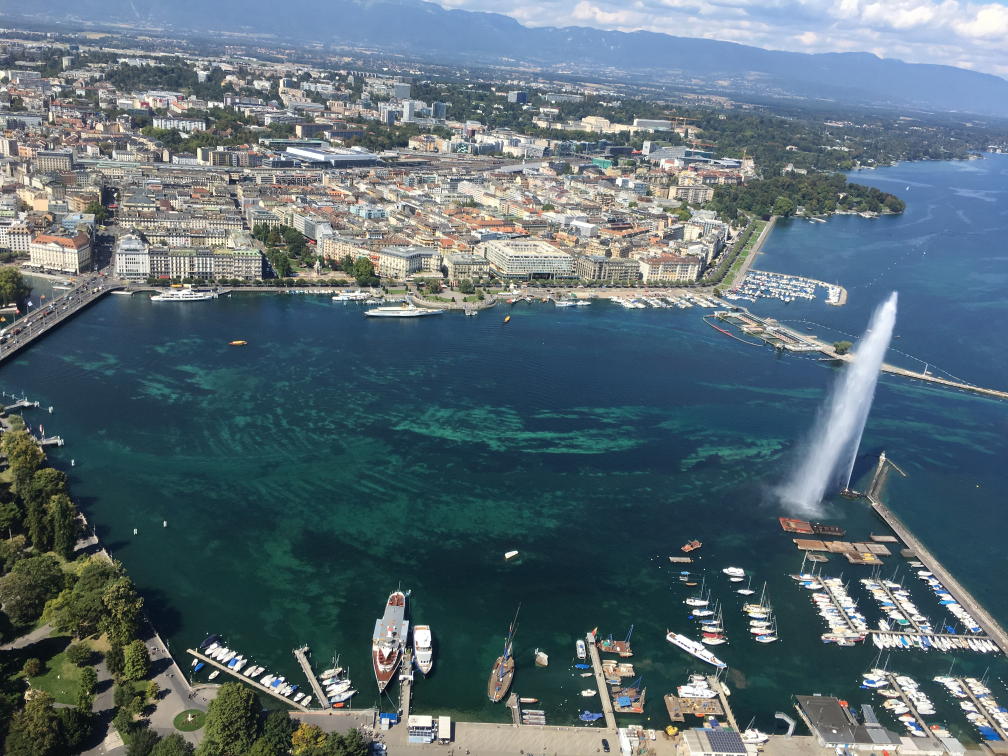
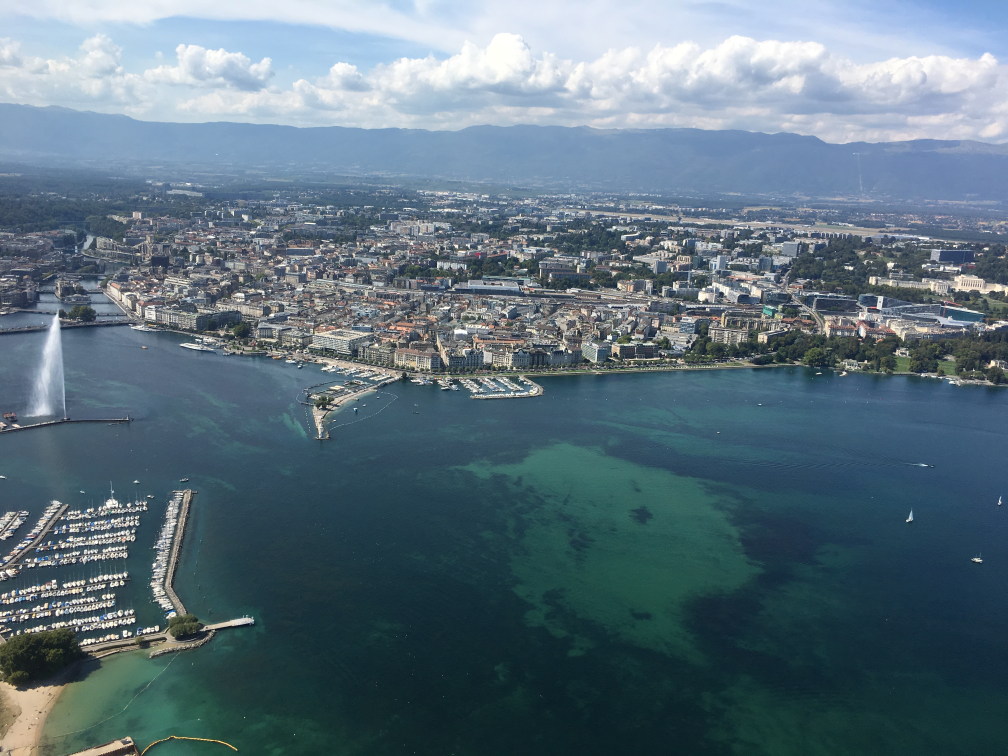









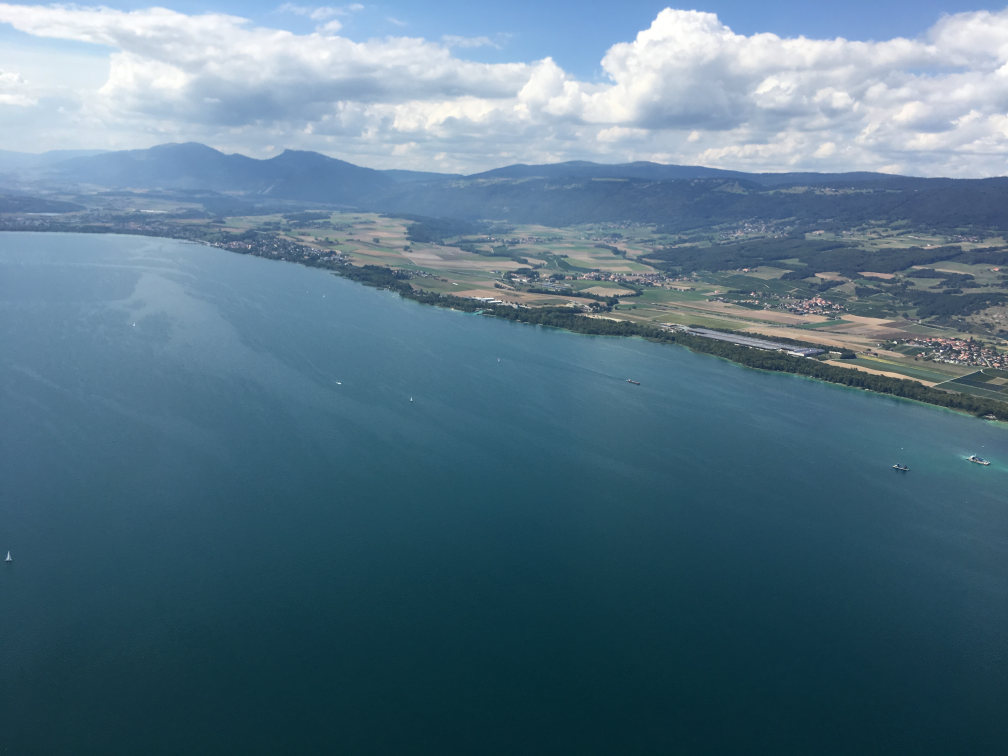



![[REPOST] – Visite du Chef d’Etat-Major général des Armées du Sénégal au GCSP [REPOST] – Visite du Chef d’Etat-Major général des Armées du Sénégal au GCSP](https://christianbuehlmann.com/wp-content/uploads/2018/09/46cda421431a7928620524b2de6422b2-de8.jpg)

![[REPOST] -Lieutenant General Jan Broeks, NATO DGIMS, Visits the GCSP [REPOST] -Lieutenant General Jan Broeks, NATO DGIMS, Visits the GCSP](https://christianbuehlmann.com/wp-content/uploads/2018/09/e1e38d35e5b47f6763b9372928945b50-cea.jpg)